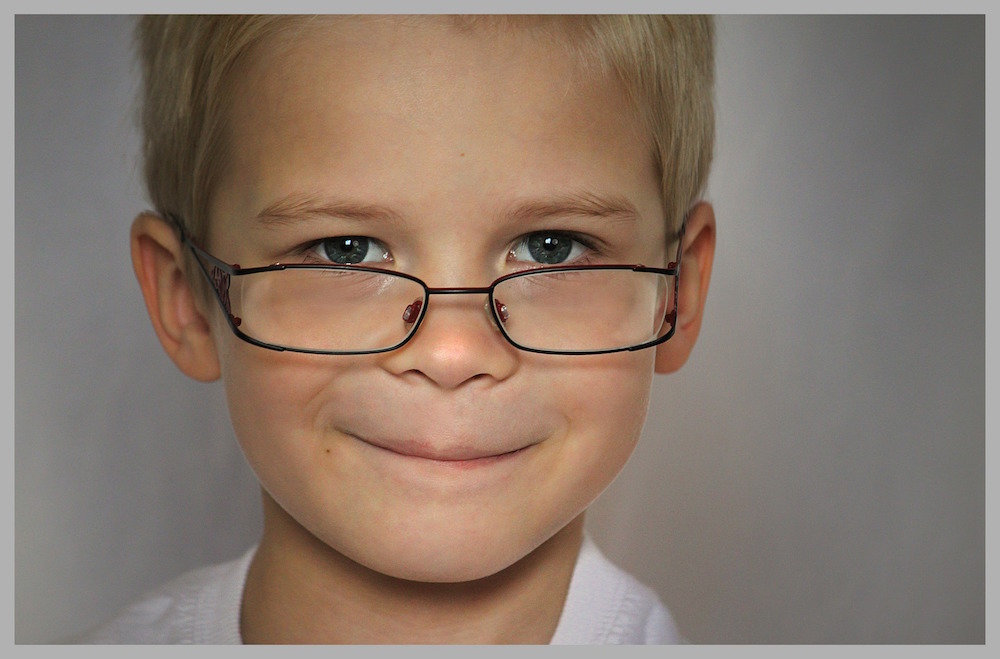According to the Health Promotion Board, myopia (or shortsightedness) is a common problem in Singapore. But apart from routine tests done in schools, it can sometimes be difficult to identify if your child needs glasses. Here, Dr Lee Sao Bing, medical director of Shinagawa Eye Centre in Singapore shares with us some key things to look out for and how to practice good eye habits.
Mummyfique: What are some signs that a child may need glasses?
Dr Lee: In Singapore, the most common time that a parent knows his/her child cannot see properly is after a vision test has been done in school by the school health service. Vision tests are done yearly from the first year of kindergarten. Children who do not see well are referred to optometrists.
Generally, for a child that is old enough to read, if he/she can’t see or reads a sign wrongly from a distance that an adult (with good vision) can see, then we know the child may be having difficulty. Sometimes, teachers may point out to parents that their child is copying things wrongly from the text projected on the white board in class.
For a younger child that is not yet able to read, they may point out an object wrongly from a distance. But this is more difficult to detect as the child can go nearer and then name the object correctly.
Can you share some tips on how parents can help their kids take care of their eyes?
To prevent myopia from starting or increasing, please practice these good eye care habits:
- Read in good light.
- Read with the reading material about 30 to 40 cm away.
- Refrain from lying down to read — it is best to read while sitting up.
- Limit unnecessary near work (use of hand-held devices), change all playing of hand-held devices to outdoor games.
- Do not watch videos or play with the handphone while in a vehicle, this is a good time to ask the child to look out of the window.
- Encourage outdoor play.
- After every 30 to 40 minutes of near work, look far for a while (about one minute). Basically, take a break from the near work.
If you think your child cannot see well, please bring your child to an optometrist to check his/her vision. The optometrist will recommend an appropriate pair of glasses if needed.
For a child that is already short-sighted, please get the eye sight tested at least yearly to see if the myopia is increasing. If the increase is more than 100 degrees per year, you may want to consider seeking the advice of an eye doctor to learn about the use of Atropine eye drops to halt the increase of myopia.
To prevent astigmatism from increasing:
- Do not rub the eyes.
- If the eyes are itchy, please use some lubricant eye drops first. If they are still itchy, please consult an eye doctor to see if the child has allergic eye disease.
Remember: the best eye care tip to prevent myopia is to see far.
Dr Lee is the Medical Director of Shinagawa Eye Centre, Singapore. He is one of a few doctors in Singapore to hold a Bachelors, Masters and also a Doctorate degree in Medicine.He has completed two fellowships, one in USA at the prestigious Bascom Palmer Eye Institute and one in Toronto, Canada and has a special interest in treating dry eyes, contact lens problems, allergic eye disease and all aspects of refractive (LASIK) surgery.



